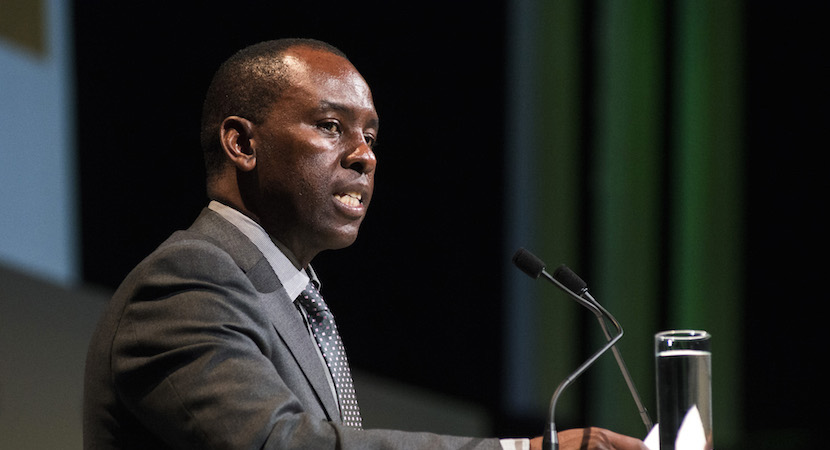A friend with a lifetime of bringing African mining projects to fruition tells me he no longer entertains offers from South Africa. For one thing, the opportunities elsewhere on the continent are better. For another, with proposed never-ending rollovers, local BEE legislation erodes projected investment returns to a point where they make no sense. Capital is cowardly. It goes to homes where it is most appreciated. His is not a luxury shared by SA-based mining operations. After years of acquiescence, they are belatedly kicking back through the courts at rapacious legislative proposals. It is easy to understand their argument – especially as many beneficiaries are often politically-connected passengers who cash in at the earliest opportunity. The real question, though, is why SA mining companies went along with this charade for so long; gifting shareholder wealth to instant billionaire “new role models” whose only contribution was the colour of their skin. That was the time for cool heads to structure a sustainable approach where education, staff and other empowerment trusts would deliver a national benefit. The longer you kick a can of dynamite down the road, the more explosive its eventual conclusion. – Alec Hogg
By
(Bloomberg) — South Africa issued a draft plan that intends to compel mines to ensure that black people hold at least 26 percent of their shares even after those stakes were sold.
In the reviewed Mining Charter published for comment on Friday, the Mineral Resources Department stated that mine-right holders must ensure their empowerment credentials are “consistent with the amended 2016 Mining Charter,” which states that producers “must achieve a minimum target of 26 percent ownership per mining right to enable meaningful economic participation of black people.”

The department and the Chamber of Mines, which represents the largest producers in the country, including Anglo American Plc and Glencore Plc, have gone to court over their interpretation of the charter, with the companies saying that they have still met the rules to hold licenses even after black investors sold their stakes. The department says companies should maintain shareholdings by non-whites above the threshold at all times.
Black Ownership
South Africa’s push for increased black ownership of the mining industry, which accounts for almost half of the country’s exports, is part of an effort to address the legacy of apartheid that locked the black majority out of key industries. The charter also sets targets for companies to boost the number of black people in management and improve training and benefits for communities near mines.
Read also: Chamber of Mines: Want fair hearing, why is R205bn in BEE deals not enough?
South Africa is the world’s biggest miner of platinum and manganese and the continent’s largest gold and coal producer.
Mining companies have 30 days from Friday to comment on the review and Mineral Resources Minister Mosebenzi Zwane will engage with the industry to get inputs on the draft.
The version published Friday will be used as a basis for talks between the DMR and key industry stakeholders, the chamber said in an e-mailed statement. Zwane met with mining chiefs today and agreed on a process over the next month, or beyond if necessary, to decide on the content of a revised version of the charter, it said.
Working Together?
“It doesn’t speak to a spirit of cooperation and working together that the government has talked about before,” Peter Leon, a mining lawyer at Herbert Smith Freehills, said in an interview “Effectively, transactions that don’t meet these requirements are going to have to be redone — which is very costly, it could have tax implications, and is not good for business.”
Read also: Mining bosses – 2015 was bad enough, but the worst is yet to come
High Court Judge Pierre Rabie on March 16 postponed a case on the dispute, heightening uncertainty in the industry. He reserved judgment on whether Malan Scholes Inc., a Johannesburg law firm, will be allowed to consolidate its case with that of the chamber. Malan Scholes wants the charter declared unconstitutional.
The chamber brought the case against the department by mutual agreement after the two parties couldn’t agree in negotiations on whether the DMR’s 2010 addition to the charter that the empowerment requirement was permanent was legally enforceable. The two sides have been in dispute over that clause for six years.
“The court case is a separate process,” Martin Madlala, a spokesman for Zwane, said by phone. The state has an imperative to promulgate legislation and the court isn’t “delving into whether or not the government can continue to do so,” he said.


